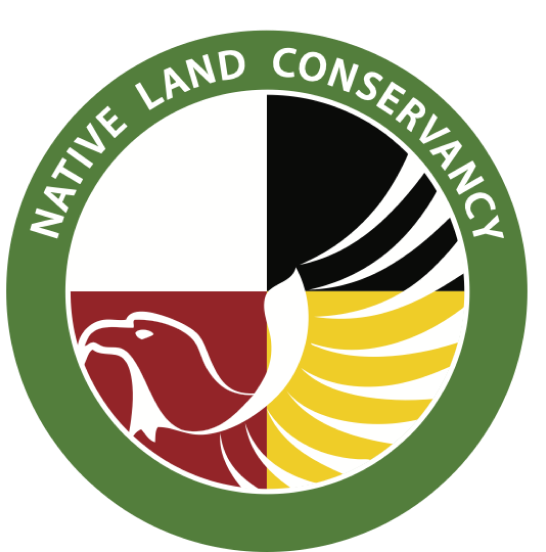2024 Summer Fellows
Mashpee Wampanoag citizen Seeqan Weeden comes with vast traditional knowledge as the son of tribal cultural mentor Annawon Weeden and traditional Mi’kmaq artisan Erin Paul. Since graduating Sandwich High in 2022 he has been working on various cultural projects with his tribe including the construction of a wetu frame in need of bulrush mats like the ones his mother makes. Seequan knows from her experiences how elusive the bulrush can be and will work on locating existing bullrush and scouting new places where it can thrive.
Fresh from completing his bachelor’s degree in Wildlife and Fisheries Science at Salish Kootenai College in Montana Logan Williams dipped his feet in the ocean for the very first time as he arrived in Mashpee. The Blackfeet citizen who has also earned an advanced certificate in GIS studies, Logan plans to use GPS and aerial imagery to support the mapping of existing bulrush. He also feels it will be important to incorporate both traditional Indigenous knowledge and language in his research.
Malia Honda is a rising senior with a dual concentration in Environmental Science with a focus on Conservation Science and Policy and Critical Native American and Indigenous Studies with a focus on Traditional Ecological Knowledge at Brown University. She is a Native Hawaiian/Kãnaka Maoli citizen and is interested in studying vernal pools on the Wampanoag Common Lands. She hopes to collect water samples and survey macroinvertebrates to understand the health of the pools and to better protect the.m
Andrew Palacios made a week-long road trip from Santa Barbara to join NLC as part of the Yale Environmental Fellows Program which seeks to diversify the environmental field by cultivating students from historically underrepresented groups. Andrew is studying for his master’s in Environmental Science & Management with a specialty in conservation planning and water management and a focus on environmental justice at the University of California in Santa Barbara. For his project, he will analyze climactic and population data to better understand and identify the most promising habitat conditions for the rare Plymouth Gentian and culturally significant New England Boneset.
We are so excited to learn with this cohort of fellows and looking forward to hearing all about their projects at the symposium on August 16th.

